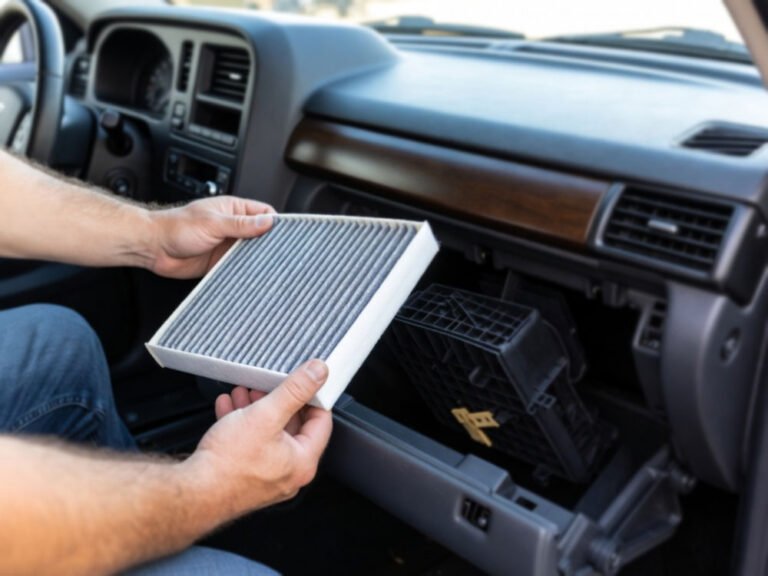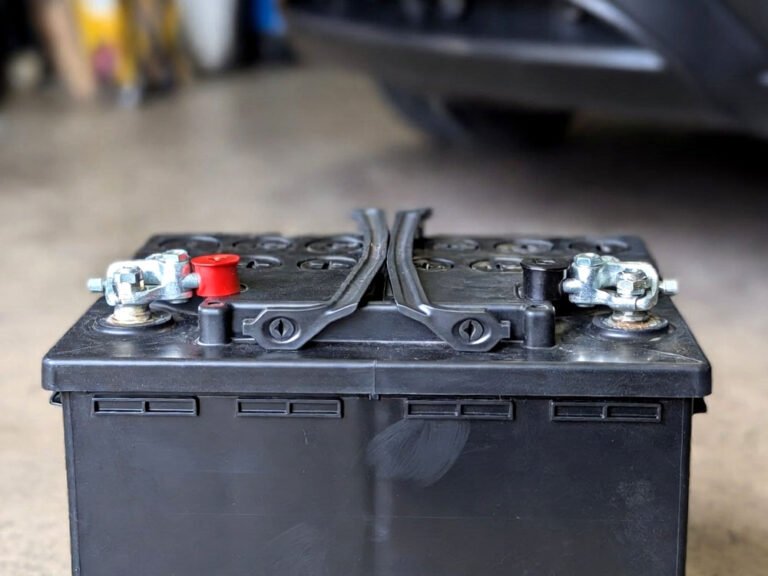Getting a car titled under your name is an important step in proving ownership and ensuring you have all the rights to the vehicle. However, there are situations where you may need to remove a parent’s name from the car title. Whether it’s because you have paid off the loan, inherited the car, or simply want to have sole ownership, the process can seem complicated. But don’t worry, this guide will walk you through the steps in a simple, straightforward manner.
Understanding Car Titles
Car titles are legal documents that prove ownership of a vehicle. They contain essential information such as the vehicle identification number (VIN), the owner’s name, and any liens or loans against the vehicle. Having the correct name on the car title is crucial because it affects your ability to sell, transfer, or register the vehicle.
What is a Car Title?
A car title, sometimes known as a pink slip, is a legal document issued by the state’s Department of Motor Vehicles (DMV) or equivalent agency. It indicates who owns the vehicle. The title also includes information about the car, such as the make, model, year, and VIN. When a car is purchased, financed, or sold, the title must be updated to reflect the new ownership and any liens.
Why Might a Parent’s Name Be on the Car Title?
There are several reasons why a parent’s name might be on a car title. Often, parents co-sign on car loans for their children to help them qualify for financing or get better interest rates. In some cases, the car might have been a gift, or it could have been transferred for convenience or insurance purposes. Regardless of the reason, having a parent’s name on the title can complicate matters if you want to sell or refinance the vehicle.
The Importance of Correcting the Car Title
Having the car title in your name is important because it ensures you have full control over the vehicle. If you need to sell the car, transfer ownership, or use it as collateral for a loan, you must have a clear title. Additionally, having an accurate title helps avoid legal issues and confusion about the vehicle’s ownership.
Steps to Remove a Parent’s Name from a Car Title
Removing a parent’s name from a car title involves several steps, but each one is manageable if you follow the process carefully. Here’s a detailed guide to help you through it.

Check the Title for Liens
Before you can remove a name from a car title, you need to ensure there are no outstanding loans or liens on the vehicle. A lienholder has a legal right to the car until the loan is paid off. If there is a lien, you will need to pay off the loan or get a lien release from the lender before proceeding.
Gather Necessary Documents
To change the car title, you will need specific documents. These typically include:
- The current car title
- A lien release (if applicable)
- Proof of identity (driver’s license, passport)
- Proof of insurance
- A bill of sale or transfer document if the car is being transferred
Having these documents ready will make the process smoother and faster.
Fill Out the Title Transfer Form
Most states require you to fill out a title transfer form to remove a name from the title. This form can usually be found on the DMV’s website or obtained at a local DMV office. The form will require information such as the car’s VIN, the current title number, and the names and addresses of the current and new owners.
Visit the DMV or Equivalent Agency
Once you have all the necessary documents and have filled out the title transfer form, you will need to visit your local DMV or equivalent agency. There, you will submit the paperwork and pay any applicable fees. The DMV will process your request and issue a new title with the updated ownership information.
Pay the Required Fees
There are usually fees associated with transferring a car title. These fees vary by state and can include title transfer fees, lien release fees, and processing fees. Make sure to check your state’s DMV website or call ahead to find out the exact amount you will need to pay.
Receive the New Title
After you have submitted all the necessary documents and paid the required fees, the DMV will process your request and issue a new title. This new title will have the parent’s name removed and will list you as the sole owner of the vehicle. The processing time can vary, but you should receive your new title within a few weeks.
Special Situations and Considerations
There are some special situations and considerations you should be aware of when removing a parent’s name from a car title. Understanding these can help you navigate the process more effectively.
Deceased Parent
If the parent whose name is on the title has passed away, the process will involve additional steps. You may need to provide a copy of the death certificate and, in some cases, probate court documents. The specific requirements will depend on your state’s laws, so it’s important to contact your local DMV for guidance.
Co-Owned Vehicles
If the vehicle is co-owned and both owners’ names are on the title, both parties must agree to the removal of one name. This often involves both parties signing the title transfer form and possibly providing a notarized statement agreeing to the change.
Power of Attorney
If the parent cannot be physically present to sign the title transfer documents, you might need a power of attorney (POA) to act on their behalf. A POA is a legal document that gives you the authority to make decisions and sign documents for the other person. You will need to present the POA document to the DMV along with the other required paperwork.
Legal and Financial Implications
It’s important to consider the legal and financial implications of removing a name from a car title. This action can affect insurance, taxes, and loan agreements. Make sure to review your insurance policy and consult with a financial advisor or attorney if you have any questions or concerns.
Tips for a Smooth Title Transfer
To ensure a smooth and hassle-free title transfer process, follow these tips:
Double-Check All Information
Make sure all information on the title transfer form is accurate and complete. Any mistakes or missing information can delay the process or cause your application to be rejected.
Keep Copies of All Documents
Make copies of all documents you submit to the DMV. This includes the title transfer form, lien release, proof of identity, and any other required documents. Keeping copies can help you resolve any issues that may arise later.
Be Prepared for Potential Delays
While the title transfer process is usually straightforward, delays can happen. Be prepared for potential delays by starting the process well in advance of any deadlines, such as selling the car or renewing registration.
Communicate with All Parties Involved
If the title is co-owned or involves a deceased parent, make sure to communicate with all parties involved. Clear communication can help avoid misunderstandings and ensure everyone is on the same page.
Follow Up with the DMV
After submitting your paperwork, follow up with the DMV to check on the status of your title transfer. This can help you catch any issues early and ensure the process is moving forward.
Are These Questions in Your Mind?
Is it hard to remove a name from a car title?
No, the process is straightforward if you follow the required steps and have all necessary documents.
Can I remove my name from a car title if I no longer want to co-own the car?
Yes, you can remove your name, but the other owner must agree to the change and both parties need to sign the transfer form.
Do I need a lawyer to remove a parent’s name from a car title?
No, a lawyer is not typically required, but consulting one can be helpful for complex situations like inheritance or legal disputes.
Can I add another name to the car title instead of removing one?
Yes, you can add another name to the title by following the same transfer process and indicating the new owner on the form.
Do I need a new title if I change my name after getting married?
Yes, if your legal name changes, you should update the car title to reflect your new name.
Is it possible to remove a name from a title if the car is registered in another state?
Yes, but you will need to follow the title transfer procedures for both the current and new state.
Can I remove a name from the title if the car was a gift?
Yes, but you may need to provide documentation that the car was a gift, and follow the same transfer process.
Do I need to pay taxes when removing a parent’s name from the car title?
It depends on your state’s laws. Some states may require you to pay a transfer tax.
Can I still drive the car while waiting for the new title?
Yes, you can drive the car as long as it is registered and insured under your name.
Do I need to renew my car registration after changing the title?
Not immediately, but you should update your registration information at your next renewal.
I hope this guide has helped you understand how to remove a parent’s name from a car title. By following these steps and tips, you can ensure the process is smooth and straightforward, giving you full ownership and control of your vehicle.









